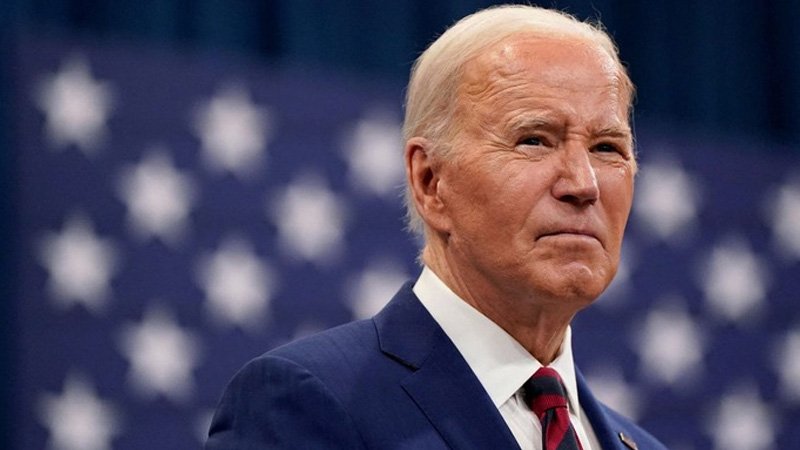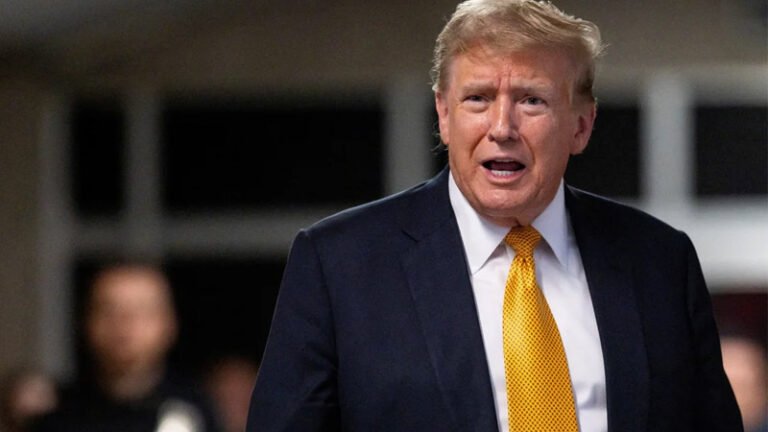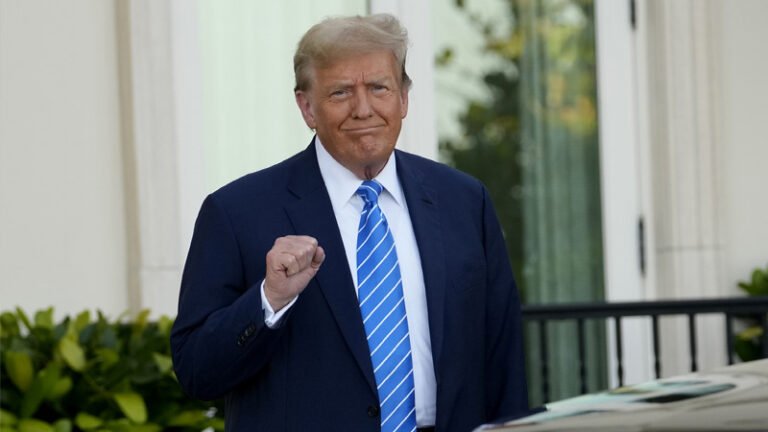
Photo: Elizabeth Frantz/Reuters
The Biden administration is gearing up to enforce substantial new tariffs on a range of imports from China, spanning electric vehicles, semiconductors, solar equipment, and medical supplies.
These tariffs could see a significant hike, particularly for electric vehicles, potentially quadrupling from the current 25% to a hefty 100%. Sources familiar with the plan, speaking on the condition of anonymity, revealed this move, pending a formal announcement expected soon.
The decision comes amidst growing concerns within the Democratic administration over China’s excessive manufacturing capacity, particularly in the electric vehicle sector, which is perceived as a threat to both U.S. employment and national security.
The fear extends to the broader industrialized world, including the United States and its European allies, where there’s apprehension that an influx of low-priced Chinese exports could undermine local manufacturing efforts, according to the National Post.
This move also carries political weight, given the upcoming November presidential election. Both President Biden and his anticipated Republican opponent, former President Trump, have vowed to adopt tough stances on China, emphasizing the need to safeguard U.S. economic interests.
The expected announcement builds upon existing tariffs implemented during the Trump administration, covering approximately $360 billion worth of Chinese goods. New tariffs would extend to additional products such as Chinese syringes and solar equipment.
However, there’s a risk that these tariffs could escalate tensions into a broader trade conflict between the two nations, as each responds to the other’s actions. China, in particular, is striving to bolster its technological prowess and ascend the economic ladder.
Signs indicate that China might be scaling back its production of lithium-ion batteries, crucial components for electric vehicles and consumer electronics. The Chinese Ministry of Industry and Information Technology recently issued a draft rule aimed at regulating the lithium-ion battery industry, emphasizing quality over capacity expansion.
Meanwhile, U.S. Trade Representative Katherine Tai is conducting a review of existing tariffs, with calls from Republican lawmakers for a swift conclusion to the probe to avoid adverse impacts on various sectors.
In addition to tariffs, the Biden administration is exploring further measures, including investigating Chinese-made “smart cars” over national security concerns and potential bans on Chinese electric vehicles in the U.S.
The Alliance for American Manufacturing has warned of dire consequences if inexpensive Chinese automobiles flood the American market, potentially devastating the U.S. auto sector.
Treasury Secretary Janet Yellen has highlighted the impact of Chinese government subsidies on sectors like electric vehicles and solar energy, warning of the repercussions of flooded global markets with artificially cheap Chinese products.
Reports of the planned tariffs were initially disclosed by Bloomberg News and The Wall Street Journal.





